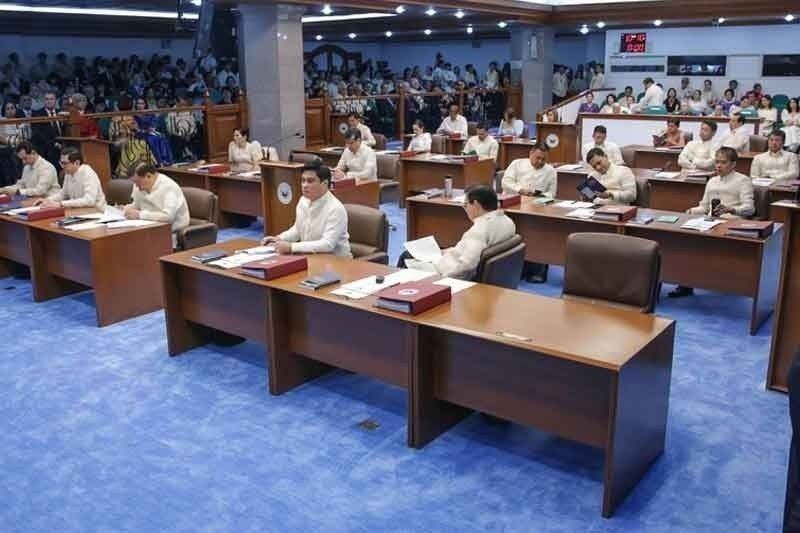Study finds Pinoy students lagging in reading, writing, math – senator

MANILA, Philippines — Learning outcomes of Grade 5 students showed that a large number of Filipino learners are not proficient enough in reading, writing and math to advance to secondary school, a Southeast Asia-wide study showed, according to Sen. Sherwin Gatchalian.
Gatchalian said results of the 2019 study, titled Southeast Asia Primary Learning Metrics (SEA-PLM), revealed only 10 percent of Filipino learners have developed proficiency in reading, 17 percent in mathematics and only one percent in writing.
“It appears from the results of SEA-PLM that we must further promote and implement reforms in our education system – from teacher to our curriculum – to ensure that our students learn,” said Gatchalian.
“Although we are in the midst of a crisis due to the COVID-19 pandemic, we must implement these reforms so that our students are not left behind,” Gatchalian added.
He said that SEA-PLM showed only 10 percent of Filipino learners have developed proficiency in reading to allow their transition to secondary education.
Gatchalian said only 17 percent developed proficiency in mathematics and only one percent in terms of writing that could write cohesive texts with detailed ideas and a good range of appropriate vocabulary.
The SEA-PLM 2019 was conducted by the Southeast Asian Ministers of Education Organization (SEAMEO) and the United Nations Children’s Fund (UNICEF). Six countries participated in the pen-and-paper large-scale assessment. In the Philippines, there were 6,083 participants for this study.
Gatchalian reiterated the urgency of rolling out basic education curriculum reforms that would boost Filipino learners’ basic competencies.
According to Gatchalian, the results of this study reinforced the findings of the 2018 Program for International Student Assessment (PISA), which showed that out of 79 countries, the Philippines ranked lowest in reading comprehension and second lowest in science and mathematics.
Gatchalian said as part of its national reform program Sulong EduKalidad, the Department of Education (DepEd) is currently implementing a streamlined curriculum under the Most Essential Learning Competencies (MELCs) because of the COVID-19 pandemic.
DepEd, however, is still conducting its curriculum review, which will be completed by 2021. A congested curriculum is considered one of the reasons why learners cannot master basic competencies.
For Gatchalian, the goal of a streamlined curriculum is not simply an improved showing in national and international assessments. He emphasized that competencies required under the new curriculum should have a sharper focus on promoting the 4Cs – critical thinking, creative thinking, collaboration and communication.
He also emphasized the importance of reforming teacher education and training, noting that the quality of teachers and their education are basic inputs to improved learning outcomes.
To improve teacher education, Gatchalian filed Senate Bill No. 1887 or the Teacher Education Council Act, which seeks to strengthen the coordination between the DepEd and the Commission on Higher Education to improve teacher education and training in the country.
- Latest
- Trending































